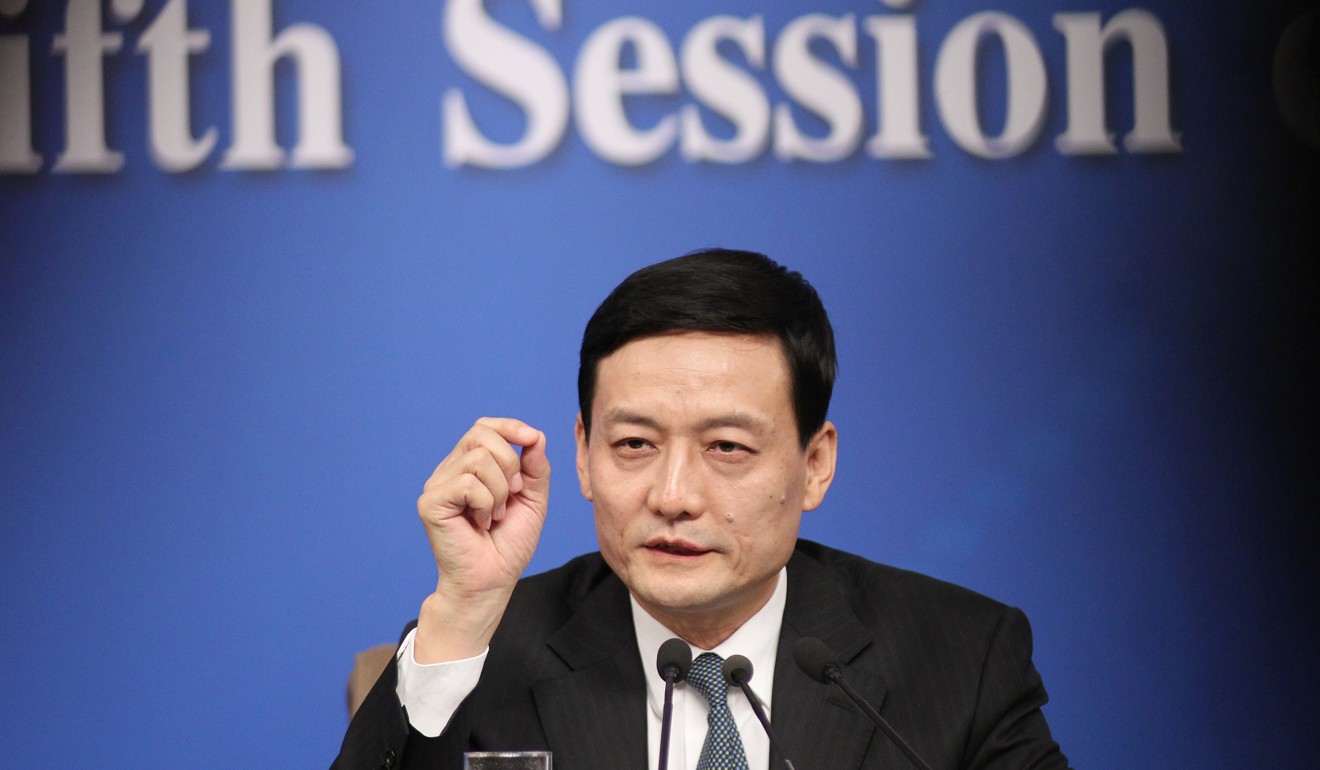Moody’s downgrade is a call for China to push ahead on market-oriented reforms

For the first time since 1989, Moody’s has downgraded China’s sovereign credit rating, on concerns over its rising debt and prospects for growth.
The cut in long-term rating from Aa3 to A1 puts China on a par with major trade partners such as Japan, but one notch below other sovereign borrowers, such as South Korea and Taiwan.
Moody’s Investor Service is not the first to flag these concerns. The downgrade brought the Moody’s rating in line with Fitch’s. The next question is whether Standard & Poor’s, which maintains China a notch higher, will follow suit. S&P has had China on outlook negative since February 2016, indicating a potential downgrade is brewing.
While the cut will surely lift the cost of financing for Chinese issuers, China remains comfortably within the investment grade rating range. But the cut does not exaggerate the difficulties facing the Chinese economy, as the leadership itself saw the same problem, and thus identified the containment of financial risks and asset bubbles as its top priority for economic governance this year.
Moody’s based its decision on two main reasons: China’s slowing growth and fast-rising debt, both apparent and supported by economic data.
First, a downward growth path for the world’s second largest economy has been in motion since 2010, with annual growth steadily falling from 10.5 per cent that year to last year’s 6.7 per cent. Average annual GDP growth between 1989 and 2009 was around 10 per cent.
As the economy becomes larger and per capita incomes rise, maintaining a double-digit growth phenomenon is almost impossible. The slowdown is also structural, as state-led and investment-driven growth is unsustainable.

Second, the decade-long stimulus-fuelled growth was accompanied by runaway credit growth, as the government relied on infrastructure investment to offset a slowdown in the export-oriented economy amid weakening external demand since the 2008-09 global financial crisis.
China’s outstanding debt rose to about 260 per cent of GDP by the end of 2016, from 160 per cent in 2008, according to Bloomberg Intelligence. China’s credit has been growing twice as fast as nominal GDP since 2008.
Moody’s move highlights the difficulties as policymakers aim to simultaneously cut excessive leverage and maintain steady growth. It also underscores broader doubts over the leadership’s determination to push forward market reform.
The government has set stable growth as an indication of political stability ahead of a crucial twice-a-decade leadership transition this year. Fearing that a looser monetary policy might risk fuelling renewed capital outflows, the government will rely on fiscal means to prop up growth, with spending from government-related entities, state policy banks and state-owned enterprises.
Moody’s concern is the fact that China’s financial strength will erode somewhat over the coming years, with economy-wide debt continuing to rise as potential growth slows.
The downgrade also underscores the urgency of restructuring the state-owned sector – in danger of collapsing under a heavy debt burden. The government may be forced to take dramatic action, such as convert some of the debt into equity, or keep pushing ahead with the privatisation of state assets.
That would be a huge step towards the advancement of market-oriented reform, towards which the leadership obviously takes a cautious approachfor fear of weakening the ruling party’s control on the economy and thus undermining its monopoly on power.
Cary Huang is a senior writer at the Post